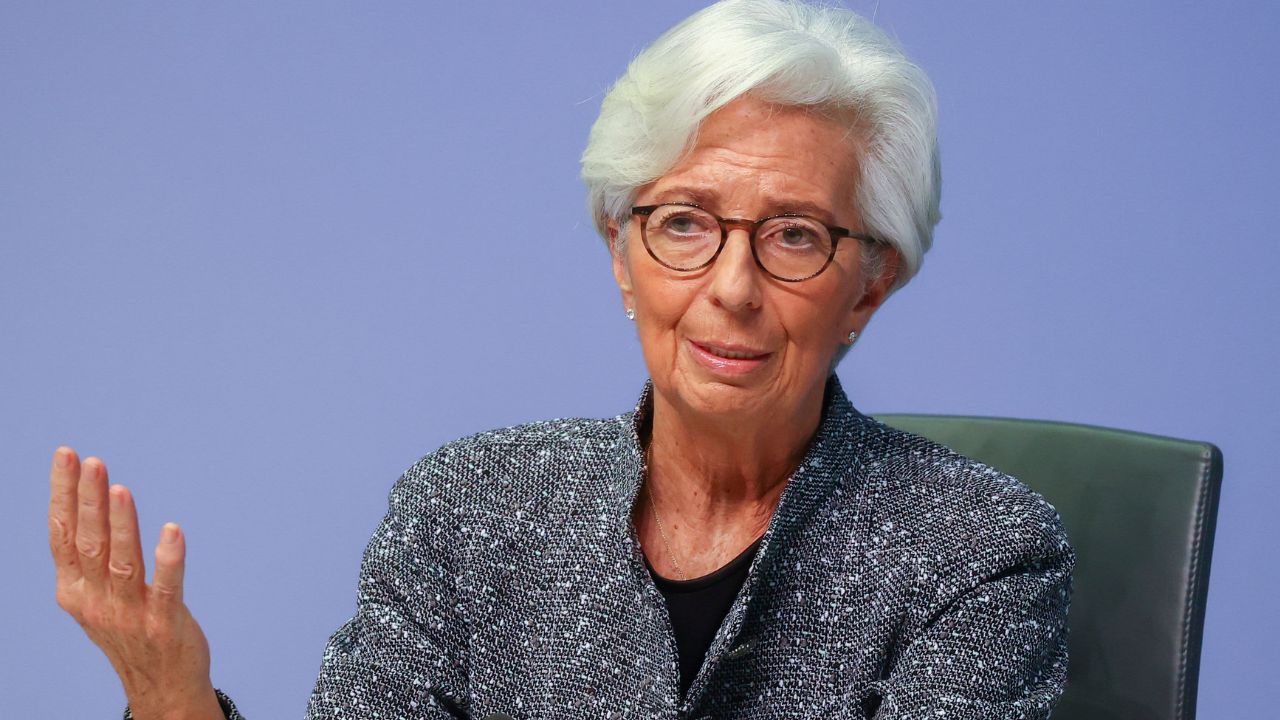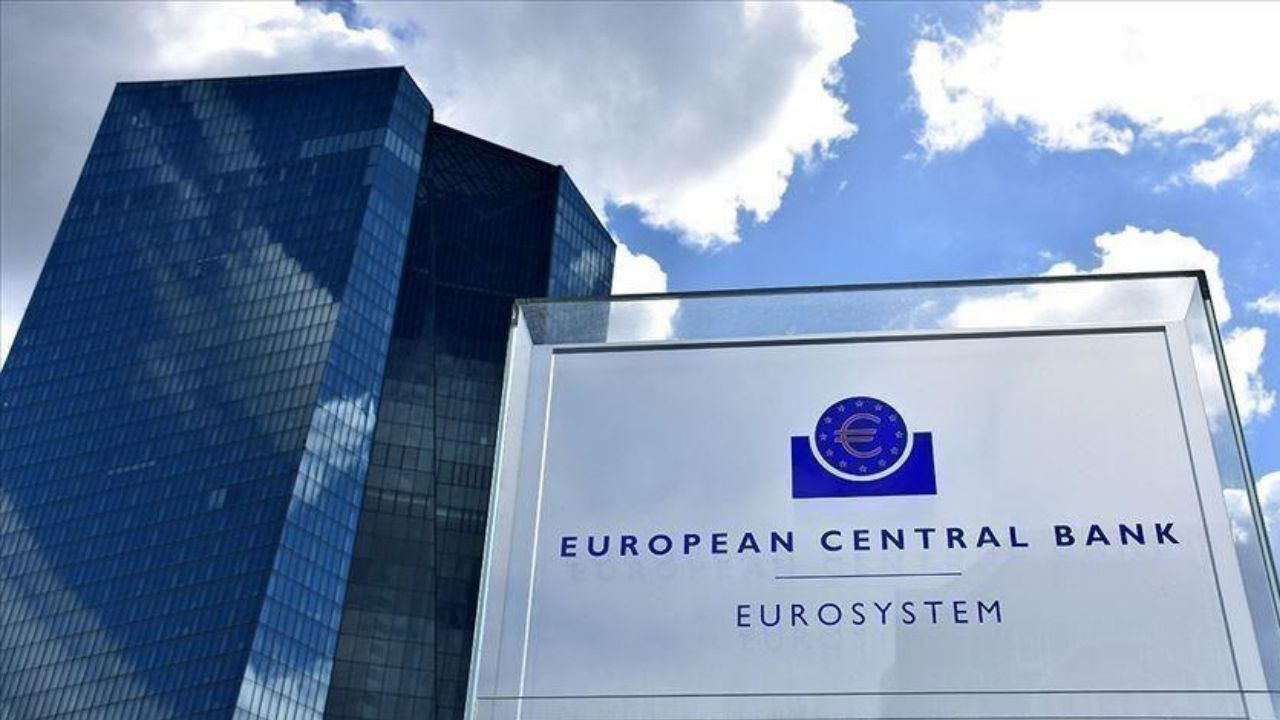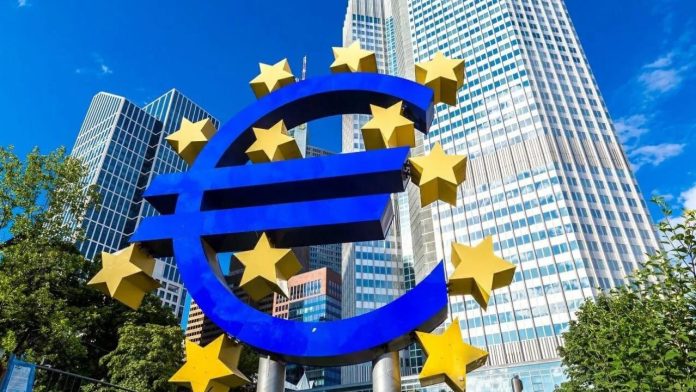In a recent interview with El Periodico, Pablo Hernandez de Cos, a member of the European Central Bank’s Governing Council and governor of the Bank of Spain, discussed the potential for an interest rate cut in June should inflation continue its anticipated moderation.
Hernandez de Cos suggested that the recent achievement of the ECB’s inflation target of 2% lays the groundwork for a forthcoming interest rate reduction, with June being a likely timeframe for such a move.
The timing of this potential rate adjustment will depend on the ongoing alignment of economic forecasts with predetermined targets, indicating the ECB’s cautious yet proactive approach to monetary policy.
The central bank closely monitors inflation trends and economic indicators to ensure that any policy decisions are in line with the overarching goal of maintaining price stability while supporting economic growth.
ECB Grapples with Timing of Interest Rate Reduction Amid Economic Uncertainty
Against the backdrop of a deceleration in consumer prices, the European Central Bank (ECB) is deliberating the timing of its first interest rate cut, expected to occur over the summer months.

ECB President Christine Lagarde has acknowledged the slowdown in inflation but has remained cautious about initiating monetary easing until there is greater confidence in the sustainability of the inflation trajectory.
Recent statements from ECB Governing Council members indicate a diversity of views on the optimal timing and extent of interest rate adjustments.
While some, like Yannis Stournaras, advocate for a more aggressive approach with multiple rate cuts, others, like Olli Rehn, emphasize the need for careful consideration and possibly fewer rate adjustments.
These deliberations underscore the complexity of the ECB’s decision-making process and the challenges of the economic uncertainties amidst evolving inflationary trends.
ECB Strives for Optimal Policy Response
The ECB’s deliberations regarding interest rate adjustments reflect a balancing act between stimulating economic activity and maintaining price stability.

As inflationary pressures ease, policymakers are tasked with calibrating monetary policy measures to provide adequate support for economic recovery without fueling excessive inflationary risks.
The central bank’s commitment to data-driven decision-making ensures that any policy adjustments are grounded in a thorough assessment of economic conditions and inflationary trends.
While the prospect of an interest rate cut in June remains on the table, ECB officials continue to monitor developments closely, ready to adapt their policy stance as needed.
